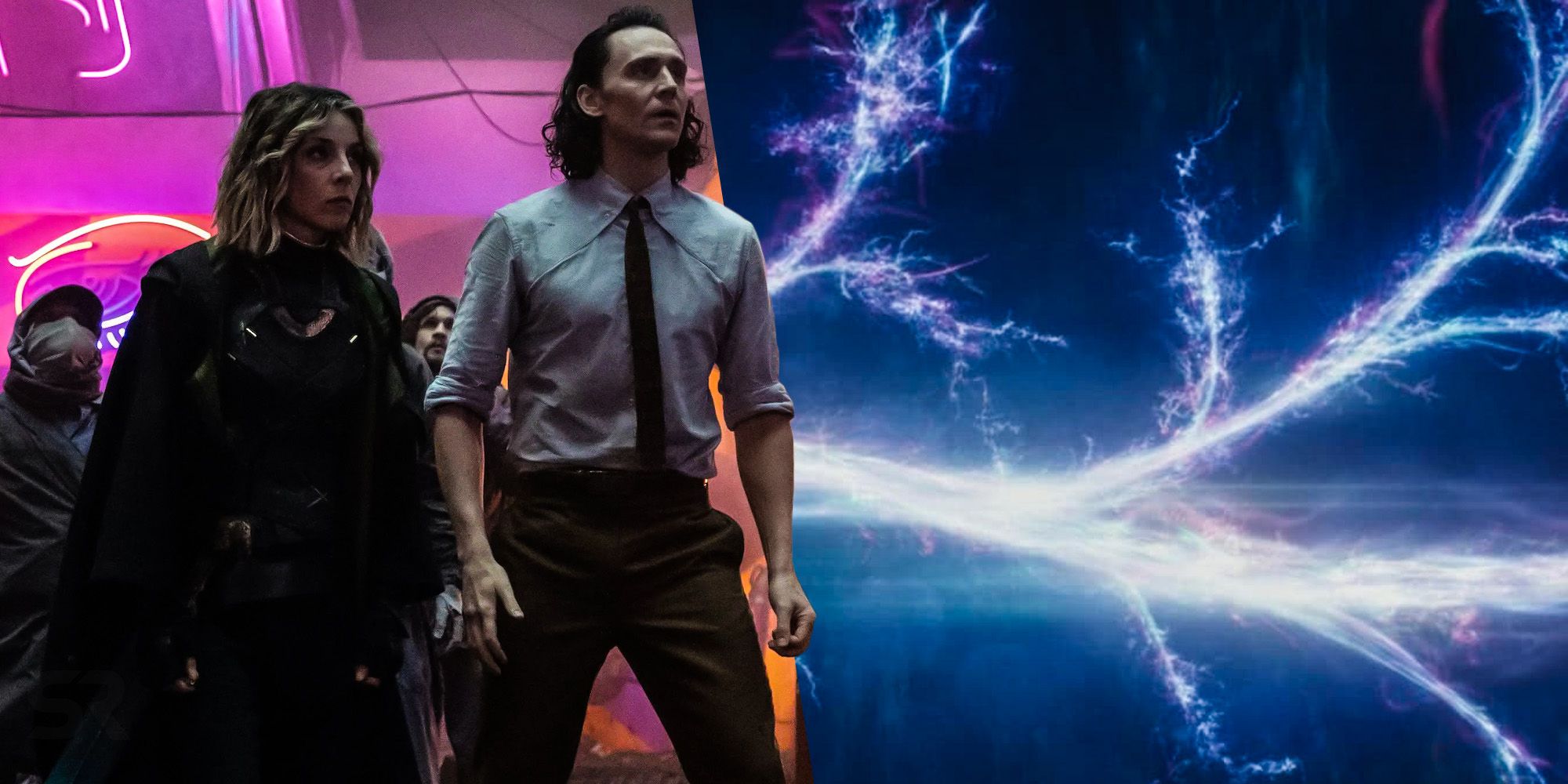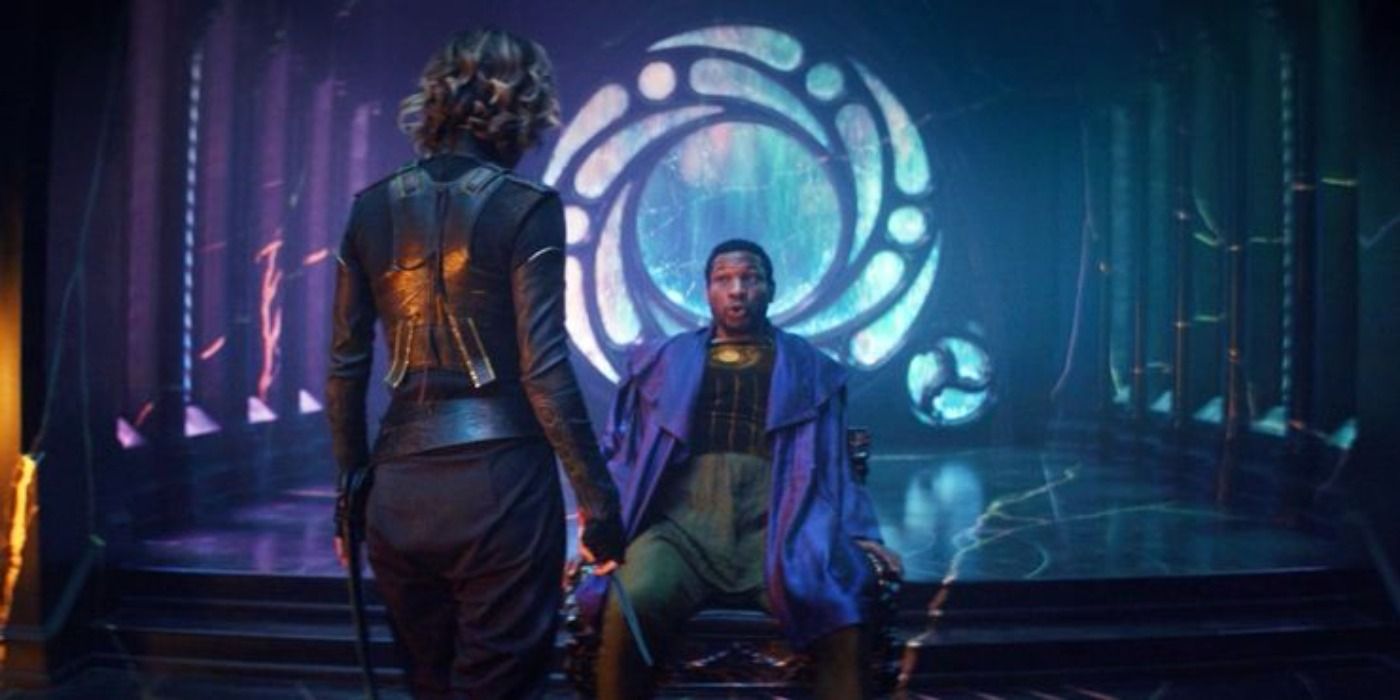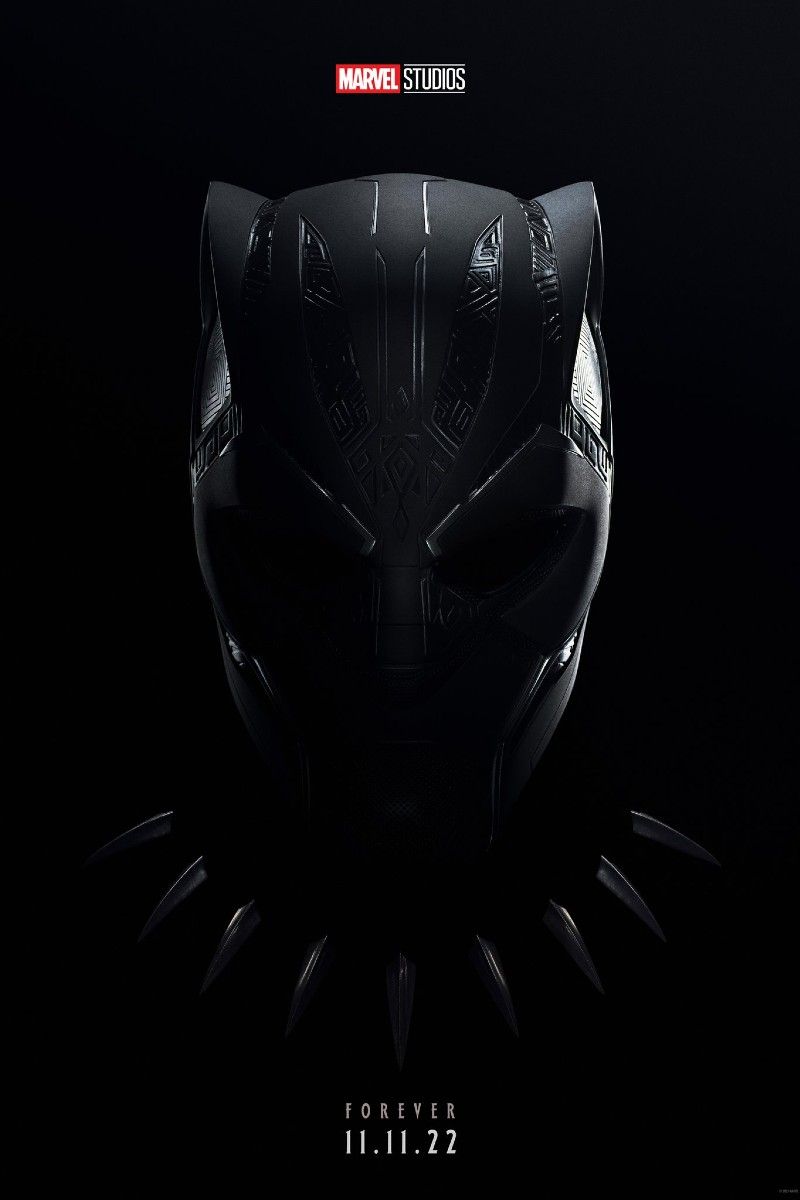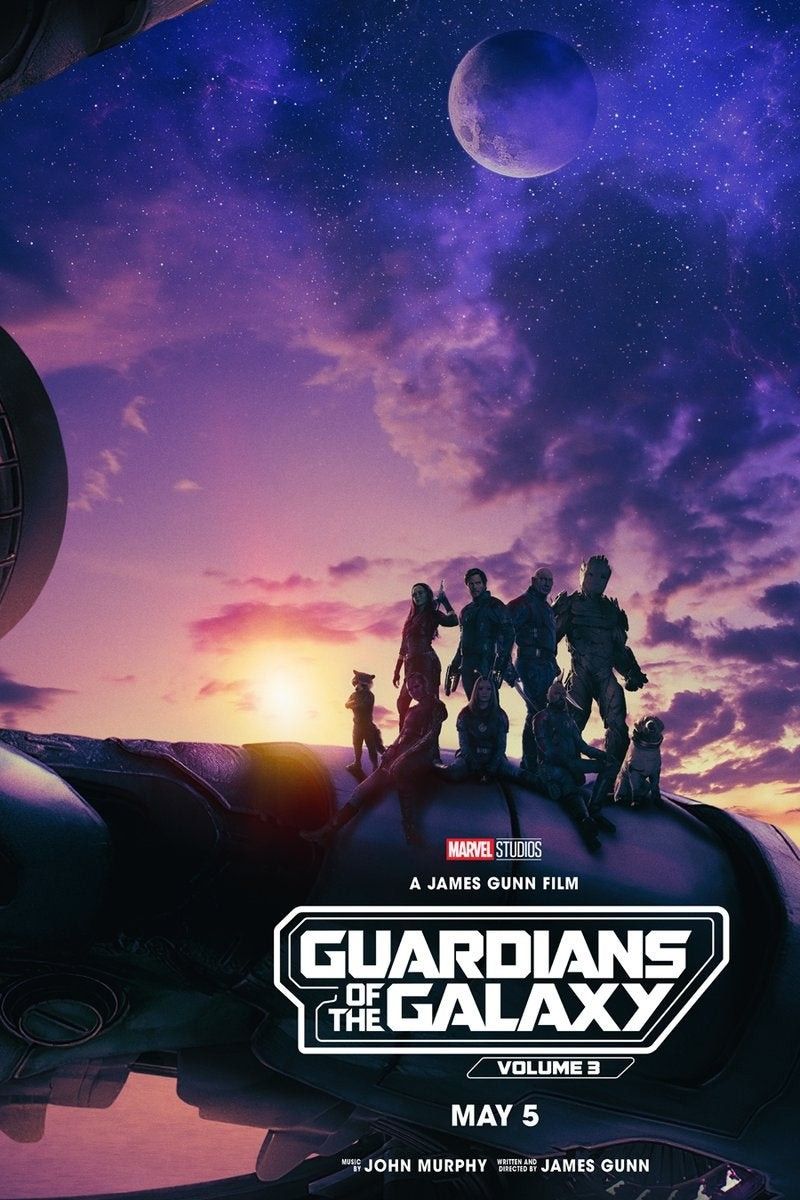Loki head writer Michael Waldron clears up confusion about the multiverse left in the wake of the season 1 finale. Premiering in early June, Loki caught up with Marvel’s Trickster God after the events of Avengers: Endgame. Over 6 episodes, the series chronicled Loki’s run-in with the Time Variance Authority and his befriending of Agent Mobius (Owen Wilson). Charged with crimes against the Sacred Timeline and facing deletion from the universe, the Loki variant agrees to help Mobius track down another supposedly evil variant.
That variant is later revealed to be Sylvie (Sophia Di Martino), who turns out to be far more than just another Loki. The show's twists and turns kept coming as the TVA’s surprising origins were unearthed, the omniscient rulers known as the Time-Keepers turned out to be a ruse, and countless other Loki variants were later revealed, including an alligator. The season 1 finale, "For All Time. Always," was the show’s most momentous episode by far, as Sylvie decided to kill He Who Remains (Jonathan Majors) and unleash the multiverse.
In the wake of season 1’s finale, fans understandably had a lot of questions about the multiverse. In a recent interview with ScreenCrush, Loki head writer Michael Waldron tried to clear up some of this confusion. When asked why there are so many alternate timelines and variants if the TVA is meant to protect the one Sacred Timeline, Waldron provided a very long-winded explanation. Read what Waldron said below:
The best I can explain it is our approach with time travel was the philosophy basically that time is always happening. So there are infinite instances of time always occurring at once. So you and I are having this conversation right now. There’s another instance of us having this conversation 10 seconds ago. There’s another instance of time of us having this conversation 10 seconds in the future. Generally, those three instances — you could literally say they’re all different universes in a way different timelines — are all the same. There are minute little fluctuations in each instance of time. So in you and I’s conversation, five times out of ten, I pick up and I say, “Hello.” And four times out of ten, I say, “Hey, nice to meet you.” And then maybe one time out of ten, I’d say, “Hey man, f— you. I don’t want to do this interview.
When it became clear the MCU was moving full steam ahead in the direction of the multiverse and Loki would be doing much of the legwork, things were bound to get complicated, as with any story concerning time travel. Whether it's a classic franchise like Back To The Future or an indie film like Primer, time travel has always been a notoriously confusing concept in film and television. However, Loki is unique in the sense that its villain He Who Remains, a variant of Kang the Conqueror, has control of the Sacred Timeline itself.
Even with this explanation from Loki’s head writer, there is still bound to be some confusion amongst viewers. Waldron does seem to have a firm grasp on these concepts though, which he will later flesh out in Doctor Strange in the Multiverse of Madness, in which Hiddleston’s Loki will appear, followed by a second season of his solo series. What If…? is also up next, which deals with alternate realities as well. It’s becoming increasingly apparent that the best understanding of Marvel’s multiverse will come from the combination of its shows and movies, rather than any one in a vacuum.
Source: ScreenCrush









